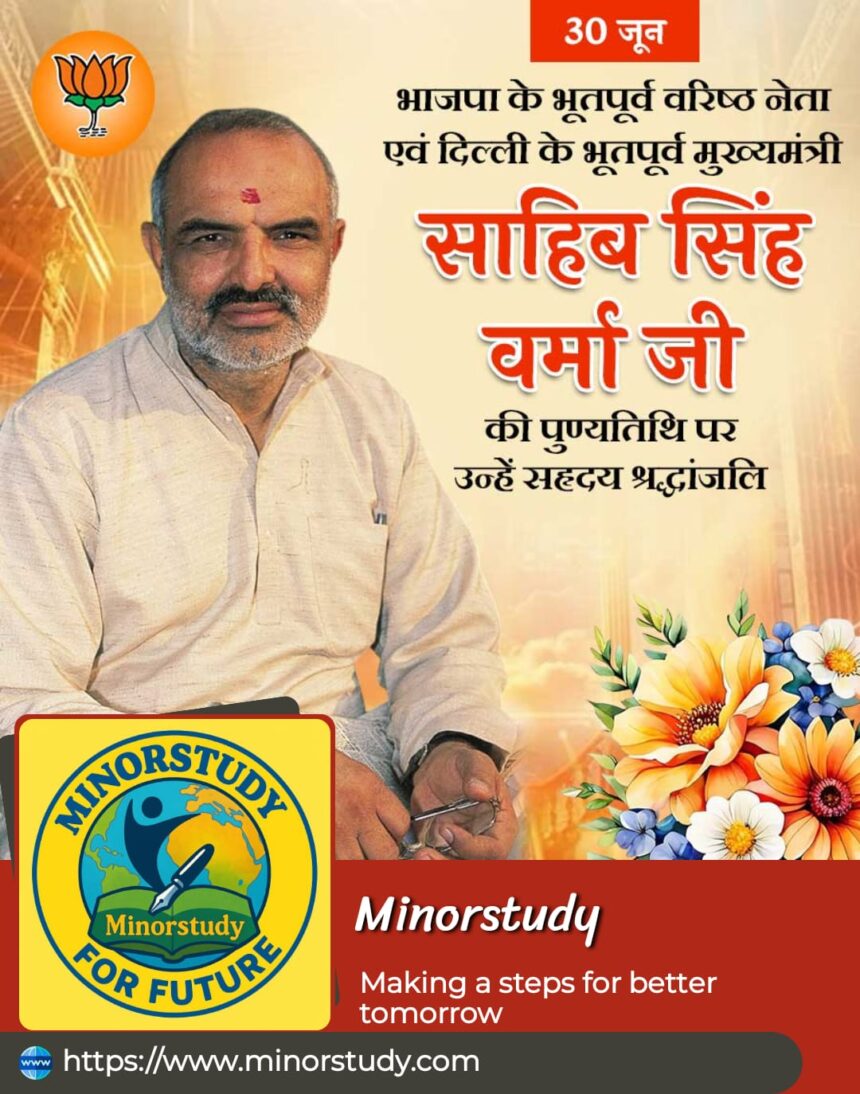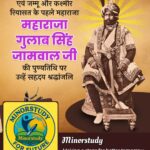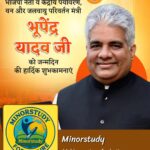🌟 7 Powerful Life Lessons from Sahib Singh Verma Ji That Continue to Inspire Millions Today
Sahib Singh Verma Ji: In a nation as vast and diverse as India, certain leaders leave behind not just a political legacy but a human story of perseverance, simplicity, and purpose. One such stalwart was Dr. Sahib Singh Verma Ji — a name synonymous with grassroots leadership, humility, and relentless public service.
- 🕰️ History of Sahib Singh Verma Ji
- 📜 Detailed Timeline of Life and Contributions
- 📌 Interesting Facts About Sahib Singh Verma Ji
- 🎯 Significance of Sahib Singh Verma Ji’s Legacy
- 1. 💬 Voice of the Rural and Marginalized
- 2. 🏫 Education for Empowerment
- 3. 🛠️ Labour Reforms
- 4. 🌾 Ground-Level Governance
- 🌍 Daily Life Impact & Why He Still Matters Today
- 🙏 Observance and Tributes
- 🎉 Heartfelt Wishes & Quotes
- ❓ FAQs: All You Need to Know
- Q1: What is Sahib Singh Verma best known for?
- Q2: Did Sahib Singh Verma Ji belong to a political family?
- Q3: Why is he considered important today?
- Q4: How did he pass away?
- 📝 Important Highlights at a Glance
- 🧭 Conclusion: A Life That Shows Us the Way
Best remembered as the former Chief Minister of Delhi and Union Labour Minister, Verma Ji’s life was a perfect blend of rural wisdom and urban execution. His legacy is a tribute to what a humble teacher from a small village can achieve with unwavering dedication and honesty.
This detailed piece of over 1200+ words presents the complete story of Sahib Singh Verma Ji, including his history, facts, timeline, societal contributions, FAQs, and life impact, written in a friendly, human-centered tone. You’ll also find wishes, significance, observance, and reflections on how his values are still relevant today.
🕰️ History of Sahib Singh Verma Ji
Birth: 15 March 1943, Mundka Village, Delhi
Death: 30 June 2007, Jaipur, Rajasthan (in a tragic road accident)
Profession: Teacher, Politician
Political Affiliation: Bharatiya Janata Party (BJP)
Key Positions Held:
Chief Minister of Delhi (1996–1998)
Union Minister of Labour (2002–2004)
Member of Lok Sabha (Outer Delhi)
📜 Detailed Timeline of Life and Contributions
| Year | Milestone |
|---|---|
| 1943 | Born in Mundka, a rural village in Delhi |
| 1960s | Pursued B.Ed and later Ph.D. in Hindi Literature |
| Early 1970s | Started career as a school teacher |
| 1977–1980 | Elected to Delhi Metropolitan Council |
| 1993 | Elected to Delhi Legislative Assembly |
| 1996–1998 | Served as Chief Minister of Delhi |
| 1999 | Elected as MP from Outer Delhi constituency |
| 2002–2004 | Appointed Union Labour Minister of India |
| 2007 | Passed away in a tragic car accident near Jaipur |
📌 Interesting Facts About Sahib Singh Verma Ji
Humble Roots: He hailed from the Jat community and lived a simple village life, which deeply influenced his grassroots politics.
Scholar and Leader: He earned a Ph.D. in Hindi Literature—rare among politicians of his time.
Spartan Lifestyle: Even as Chief Minister, he refused unnecessary luxuries, setting an example of simplicity.
Focus on Labour Welfare: As Labour Minister, he initiated reforms for unorganized sectors and advocated for workers’ rights.
Education Reformer: Advocated for more schools in Delhi’s rural and semi-urban areas.
Cultural Promoter: Promoted Indian languages, especially Hindi, and the role of education in social change.
🎯 Significance of Sahib Singh Verma Ji’s Legacy
1. 💬 Voice of the Rural and Marginalized
He became a powerful voice for rural populations in urban Delhi, bridging the urban-rural divide with practical policymaking.
2. 🏫 Education for Empowerment
As a teacher, he believed education was the true leveller. Under his influence, the education budget and rural school enrollment saw improvements in Delhi.
3. 🛠️ Labour Reforms
Verma Ji focused on giving the unorganized workforce, such as construction and factory workers, better social security schemes.
4. 🌾 Ground-Level Governance
Unlike many who relied on bureaucracy, he was known to directly engage with local communities, panchayats, and teachers to understand real issues.
🌍 Daily Life Impact & Why He Still Matters Today
In Our Lives:
Inspiration for Youth: Verma Ji showed that a teacher can lead a state and influence national policy.
Living a Values-Driven Life: His humble beginnings and ethical standards remind us to stay grounded.
Community First Approach: He inspires people to focus on serving their immediate society before aiming big.
In Society:
Policy Legacy: Labour reforms and welfare schemes have influenced modern worker protections.
Political Decentralization: Promoted the importance of regional leadership in a federal structure.
Ethics in Politics: A rare icon of integrity in public life.
🙏 Observance and Tributes
Although no official national holiday marks his memory, many schools, labour unions, and BJP units across Delhi and nearby regions organize:
Blood donation camps
Educational seminars
Debates on rural development
Documentary screenings
These events highlight his lifelong dedication to education, labour rights, and rural upliftment.
🎉 Heartfelt Wishes & Quotes
“Tribute to Sahib Singh Verma Ji — a leader who proved that humility and service are greater than power.”
“May his ideals of education, labour justice, and simple living continue to guide our society.”
“Remembering a leader whose wisdom was as deep as his compassion was wide.”
❓ FAQs: All You Need to Know
Q1: What is Sahib Singh Verma best known for?
He is best known for his tenure as Chief Minister of Delhi and his grassroots work in education and labour welfare.
Q2: Did Sahib Singh Verma Ji belong to a political family?
No, he came from a non-political background and rose through dedication and ground-level engagement.
Q3: Why is he considered important today?
Because of his contributions to unorganized labour welfare and education, especially in rural and peri-urban Delhi.
Q4: How did he pass away?
He died in a road accident on 30 June 2007, near Jaipur, returning from a political rally.
📝 Important Highlights at a Glance
| Aspect | Description |
|---|---|
| Birthplace | Mundka Village, Delhi |
| Education | B.Ed, Ph.D. in Hindi |
| Notable Roles | CM of Delhi, Union Labour Minister |
| Political Party | Bharatiya Janata Party (BJP) |
| Leadership Style | Grassroots, Ethical, Education-Oriented |
| Legacy Areas | Labour reforms, education, simplicity in politics |
🧭 Conclusion: A Life That Shows Us the Way
Sahib Singh Verma Ji’s life was not loud, not dramatic, and not driven by high offices—yet it was deeply influential, humble, and nation-changing in its own way. His legacy serves as a model for:
Politicians looking for integrity in leadership,
Teachers who aspire to change society, and
Citizens who believe in service before self.
As India continues to evolve, remembering leaders like him reminds us that character, simplicity, and local wisdom are just as important as policies and positions.








